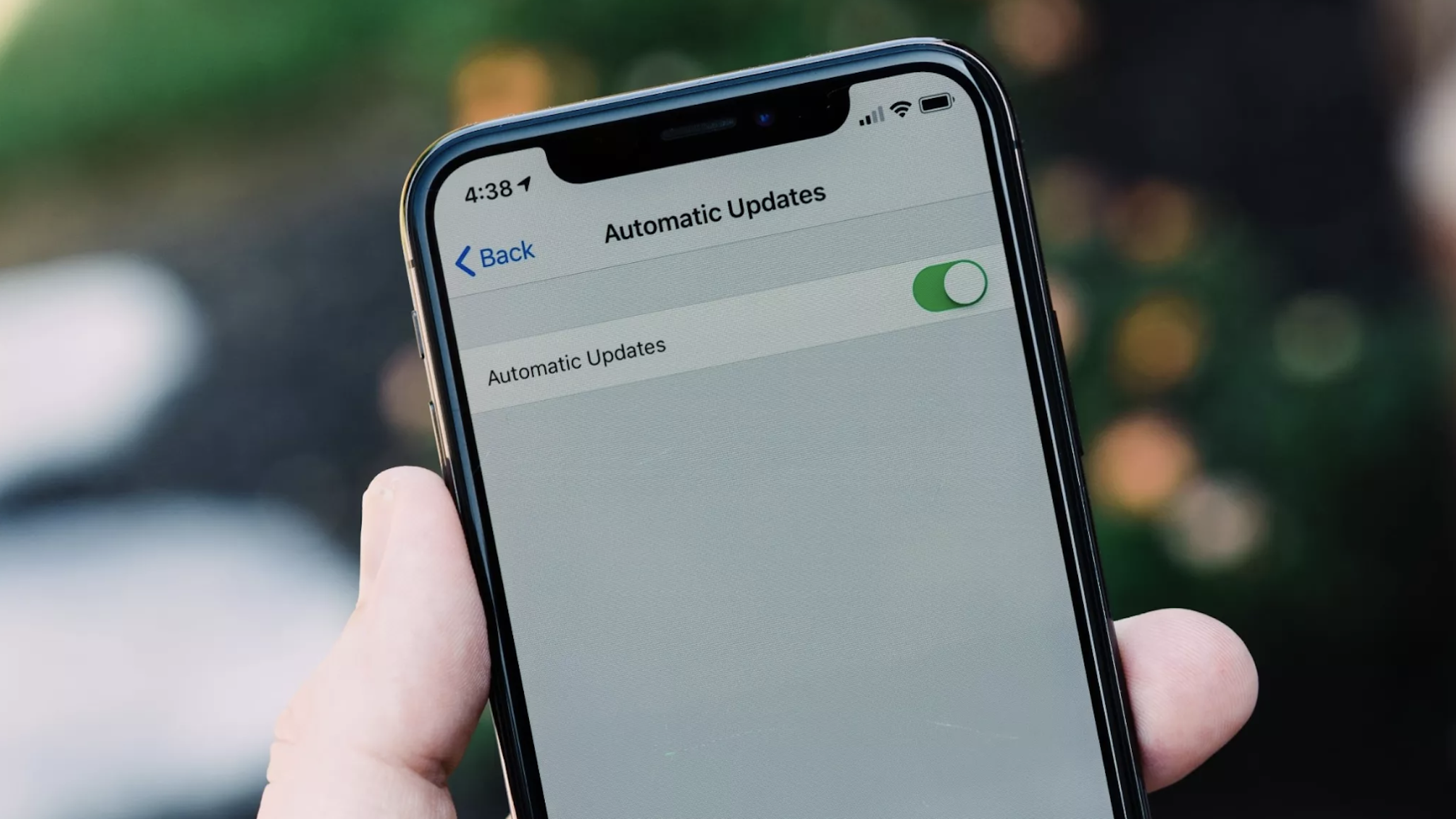
Owners of Apple's iPhones take it for granted that they will receive important security updates as and when they are required, but that might not be the case in the UK for much longer.
Proposed changes to the U.K.'s Investigatory Powers Act 2016 (IPA) could see Apple prevented from releasing certain security updates because they will interfere with the government's surveillance, it's reported.
The U.K. government can already interfere with apps and services, demanding the “removal by a relevant operator of electronic protection” of security features like end-to-end encryption. But the revisions to the IPA could go a step further.
No more security updates for you
Just Security reports that the new IPA revisions could have major implications for Apple and the millions of U.K. residents who use iPhones and other devices carrying that famous logo.
"Objective 4 of the proposed changes adds another layer to the current regulatory landscape by including an obligation for companies to notify the government before introducing any technical changes to their systems," the report says, adding that "while the proposal does not specify what technical changes would require notification, these may include changes in the architecture of software that would interfere with the U.K.’s current surveillance powers.
The upshot? Apple would have to tell the government if it wants to roll out a security fix and then face the possibility that it would be prevented from rolling it out if the fix blocks a vulnerability that U.K. law enforcement is using. "Device manufacturers would likely also have to notify the government before making available important security updates that fix known vulnerabilities and keep devices secure," the report explains. "Accordingly, the Secretary of State, upon receiving such an advance notice, could now request operators to, for instance, abstain from patching security gaps to allow the government to maintain access for surveillance purposes."
That's no doubt something that Apple would push back on but would likely have no choice over. The best iPhone is a private and secure one, of that there's no doubt. But Apple may find itself hamstrung by new U.K. rules regardless.







